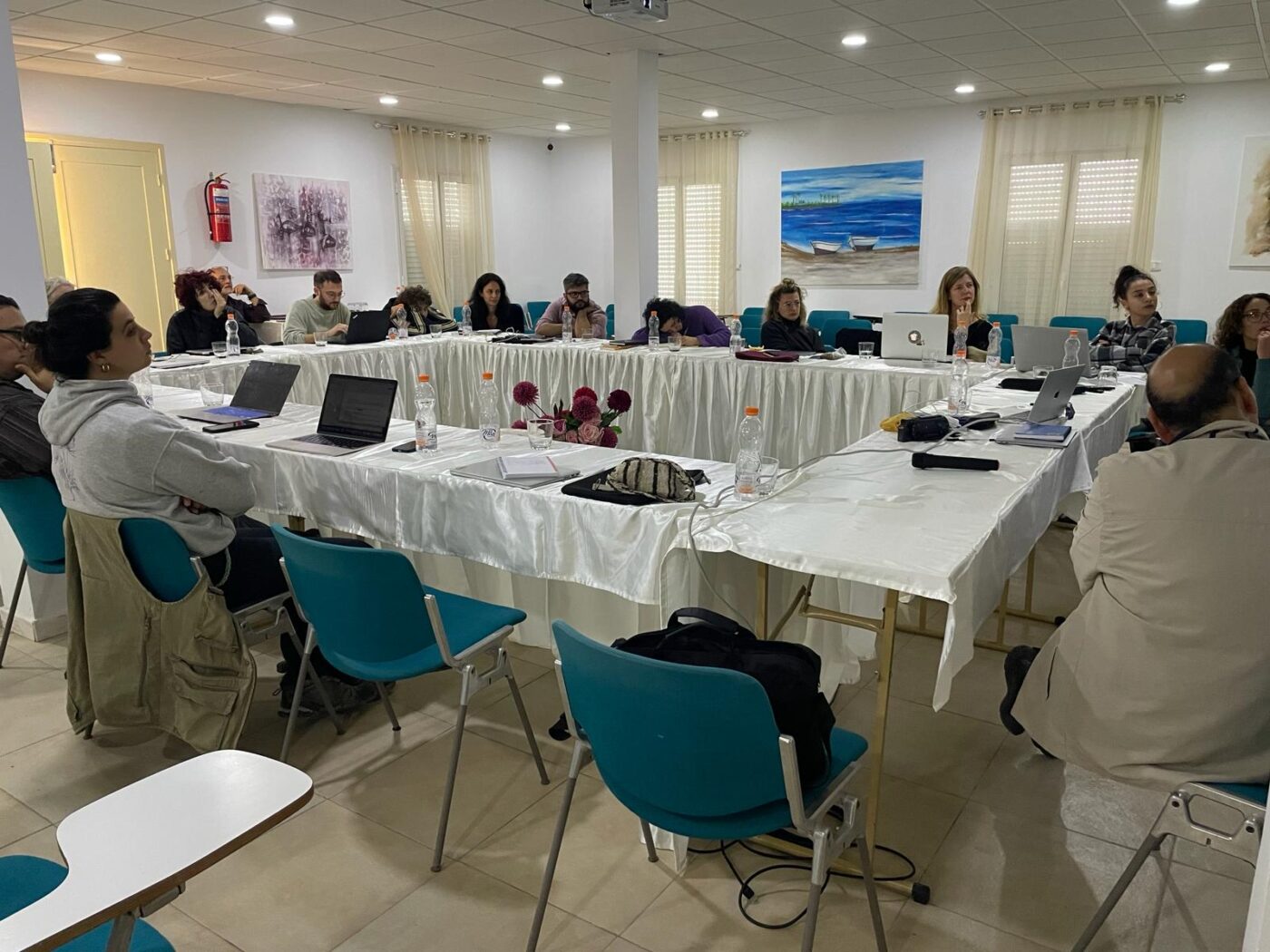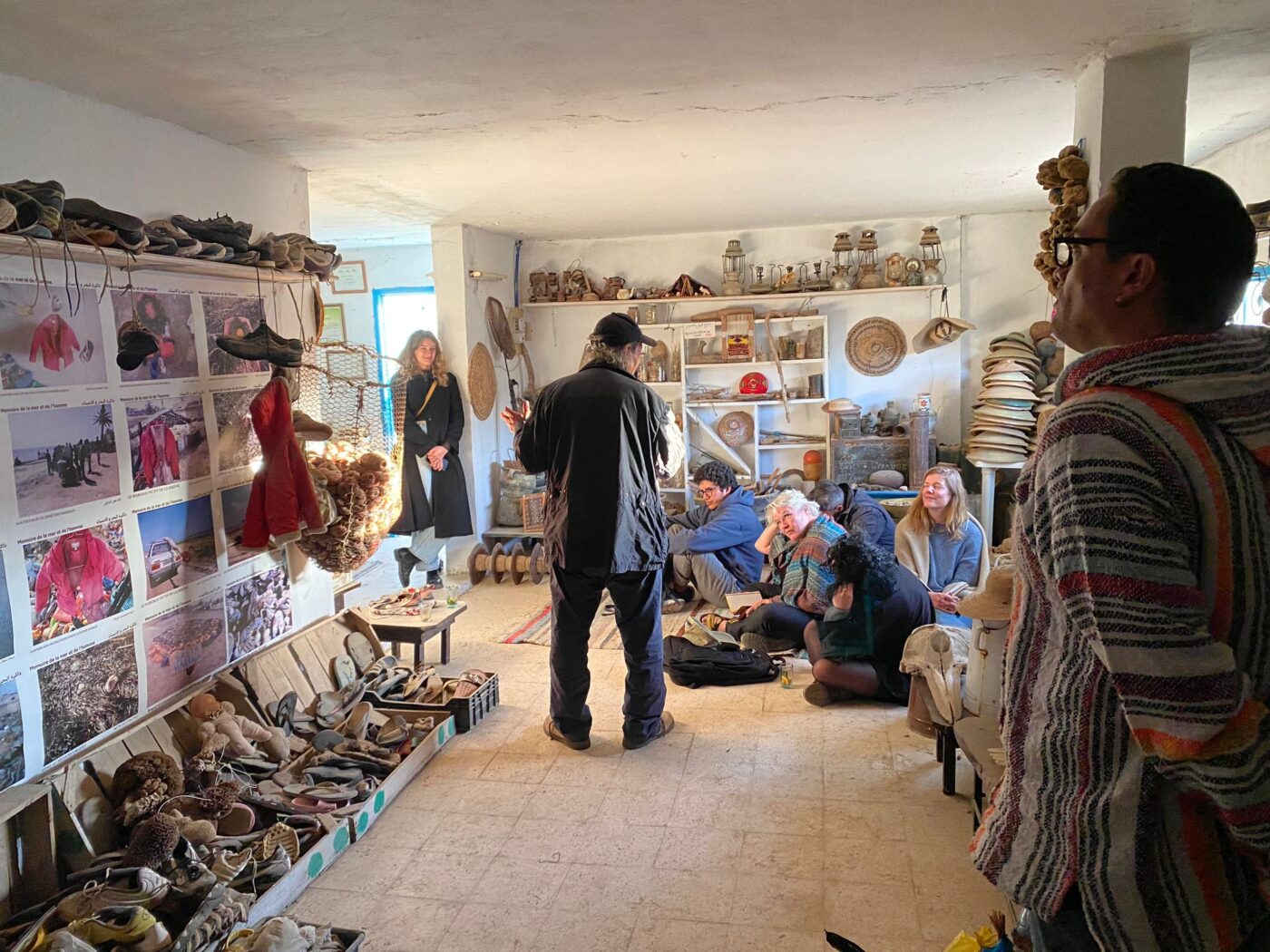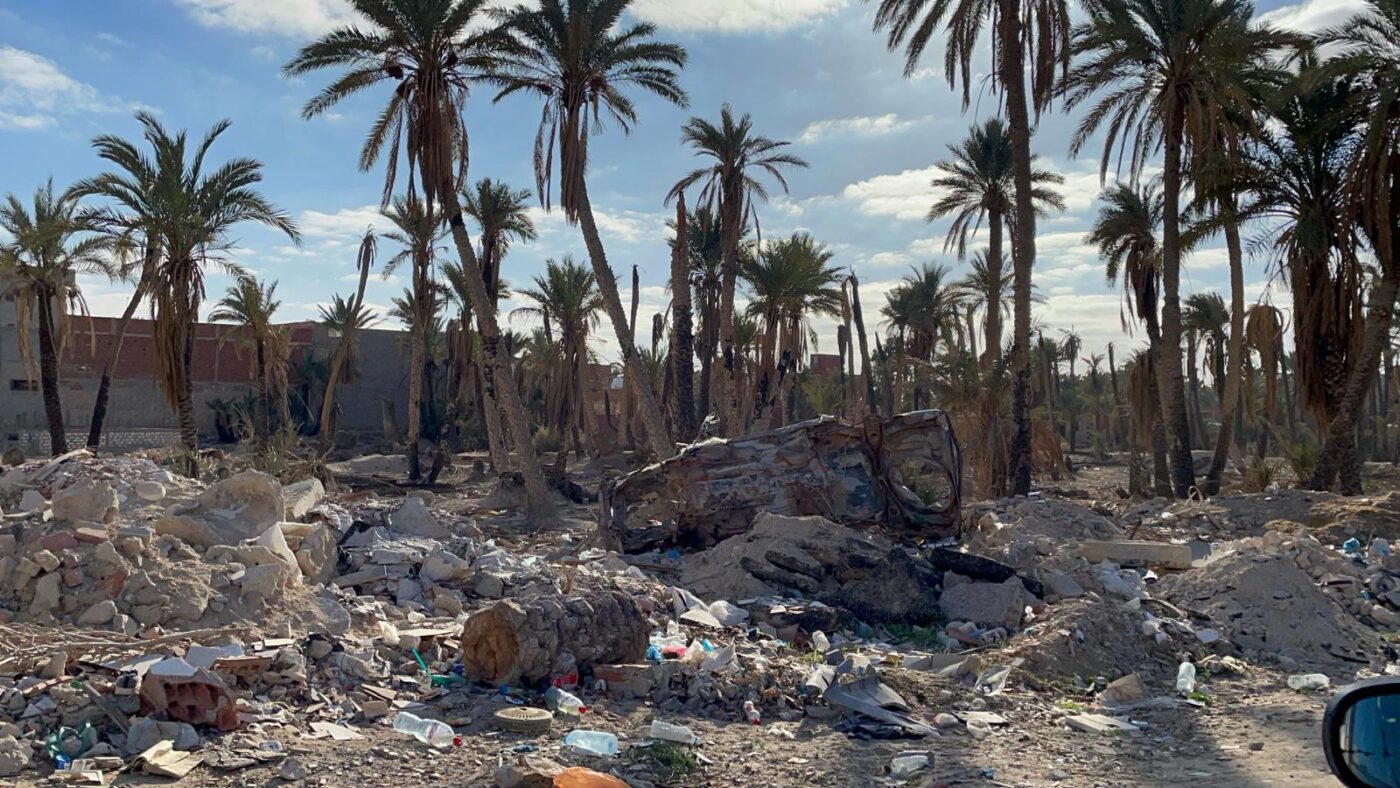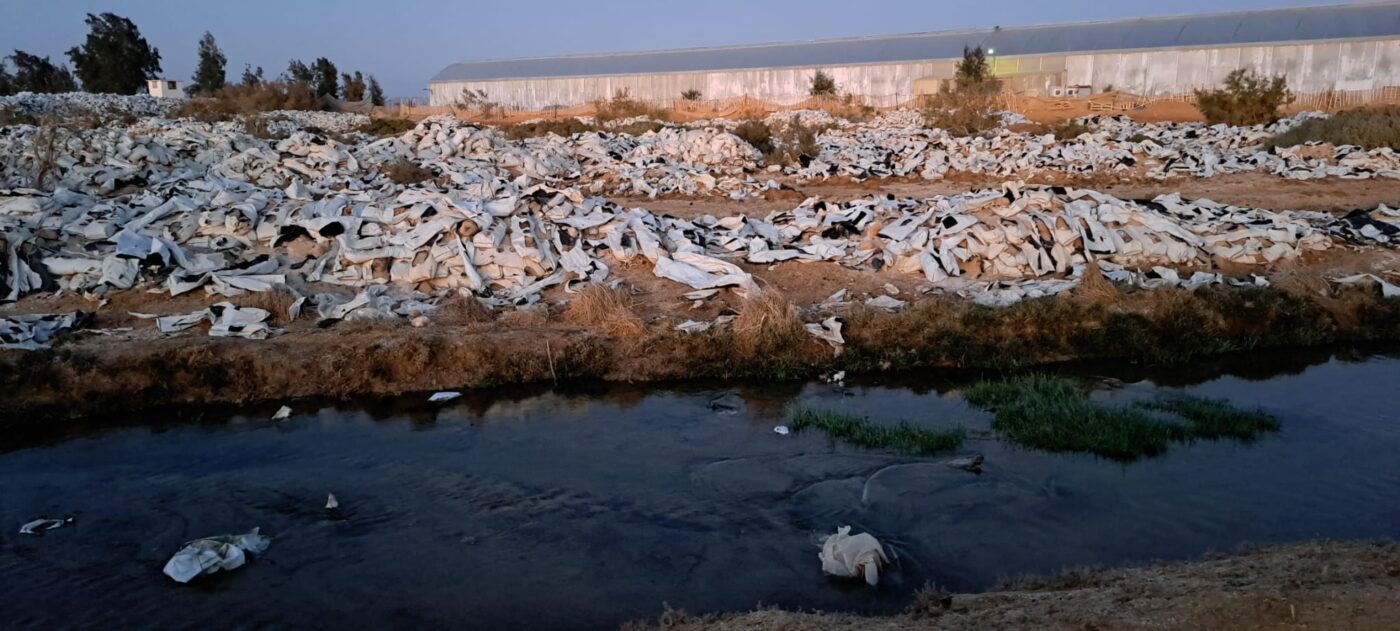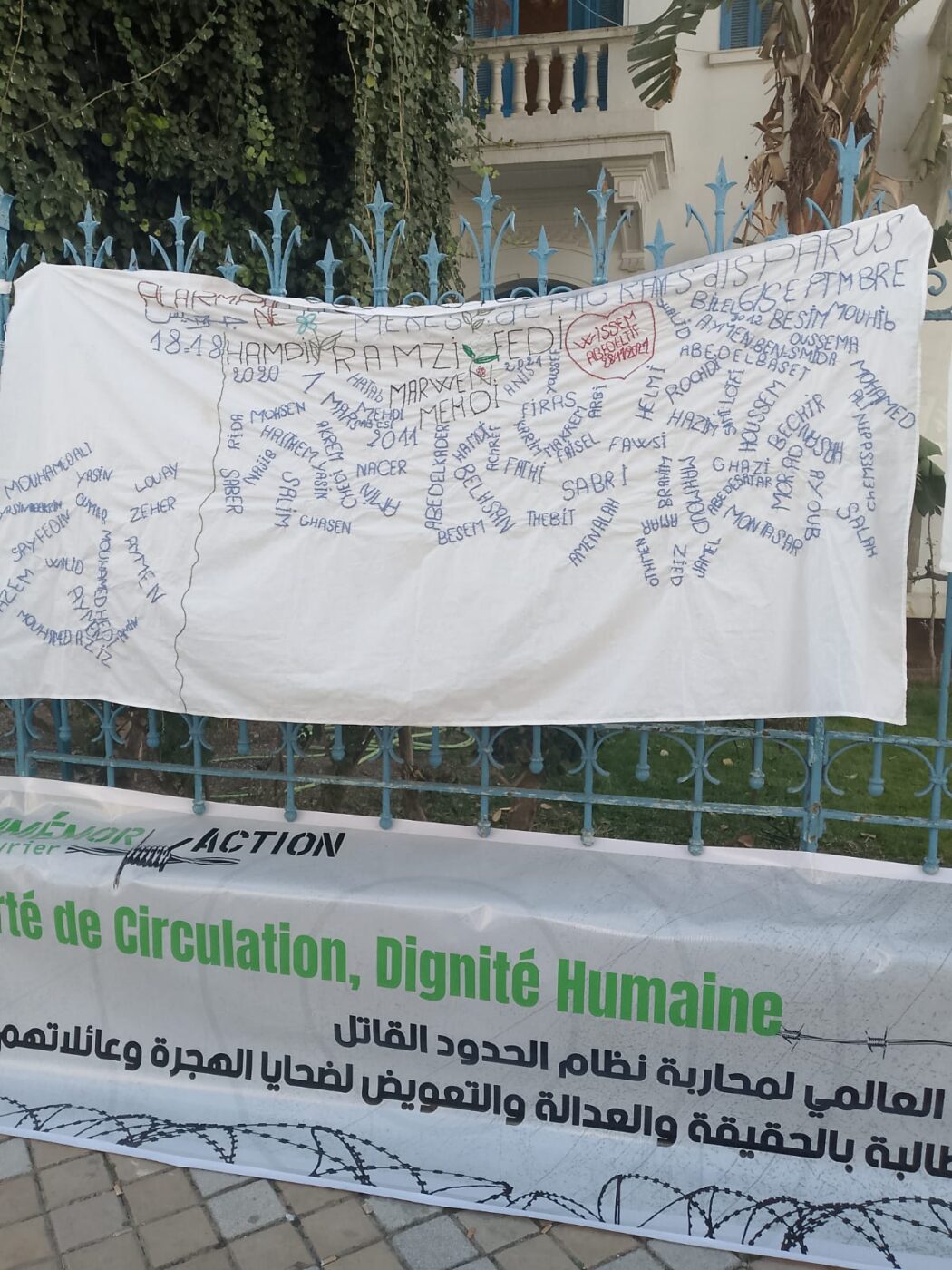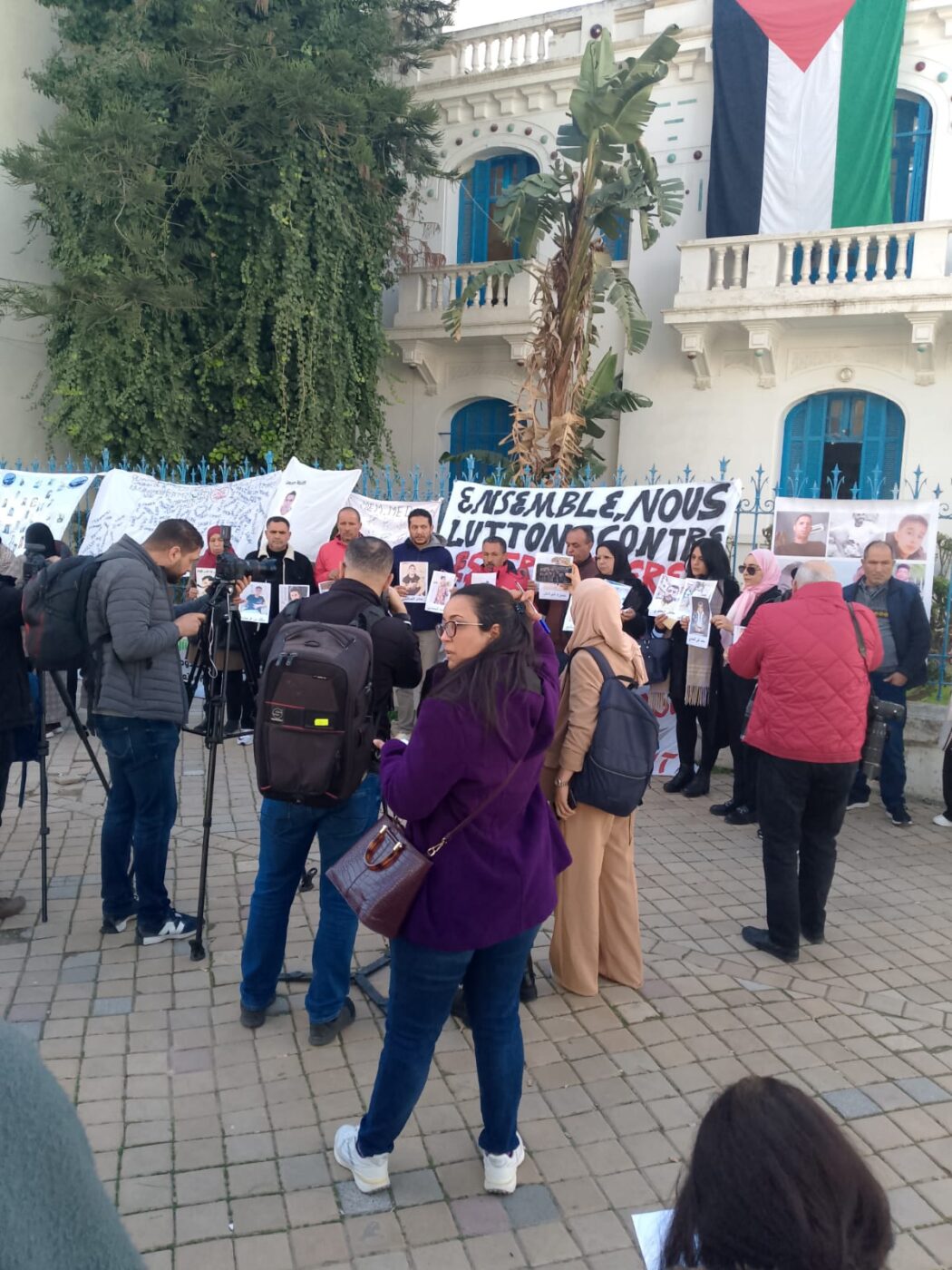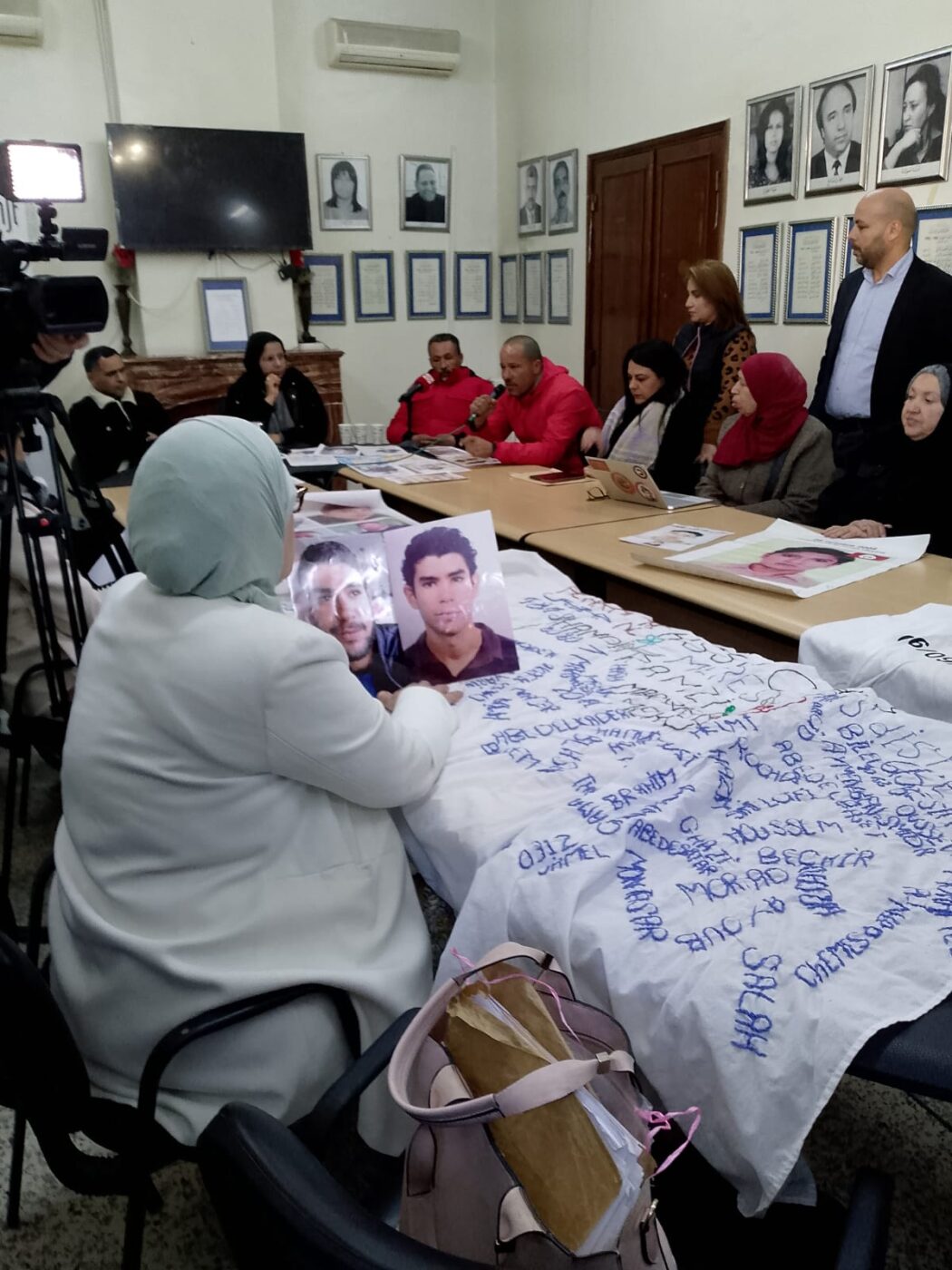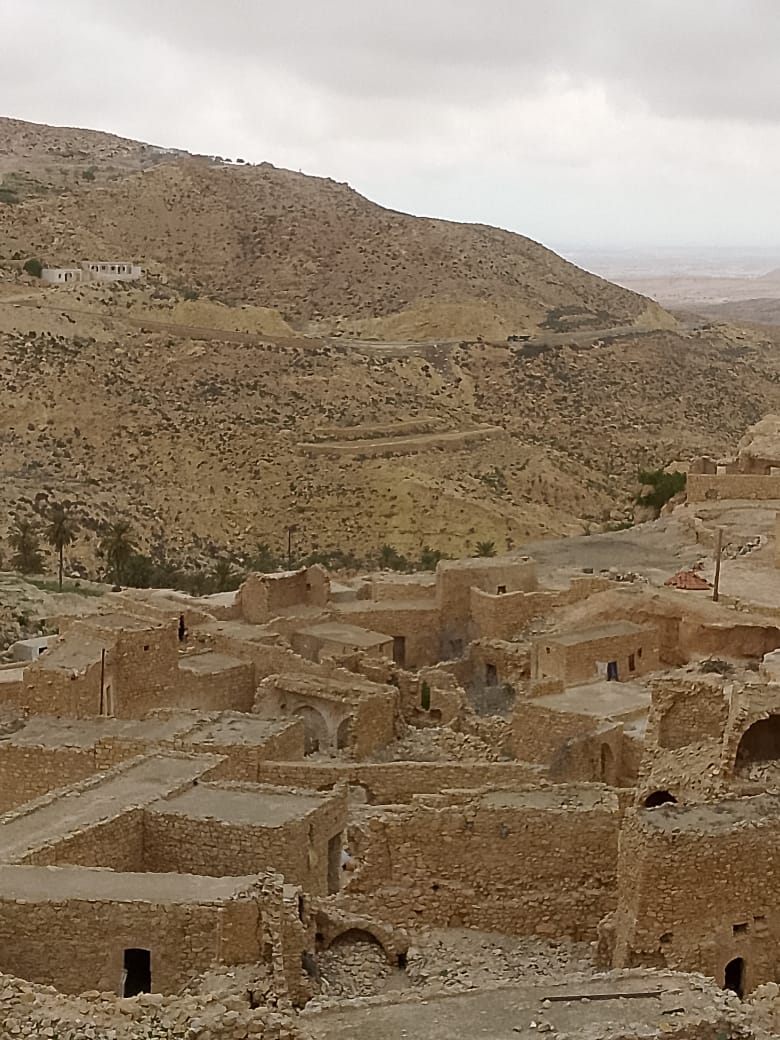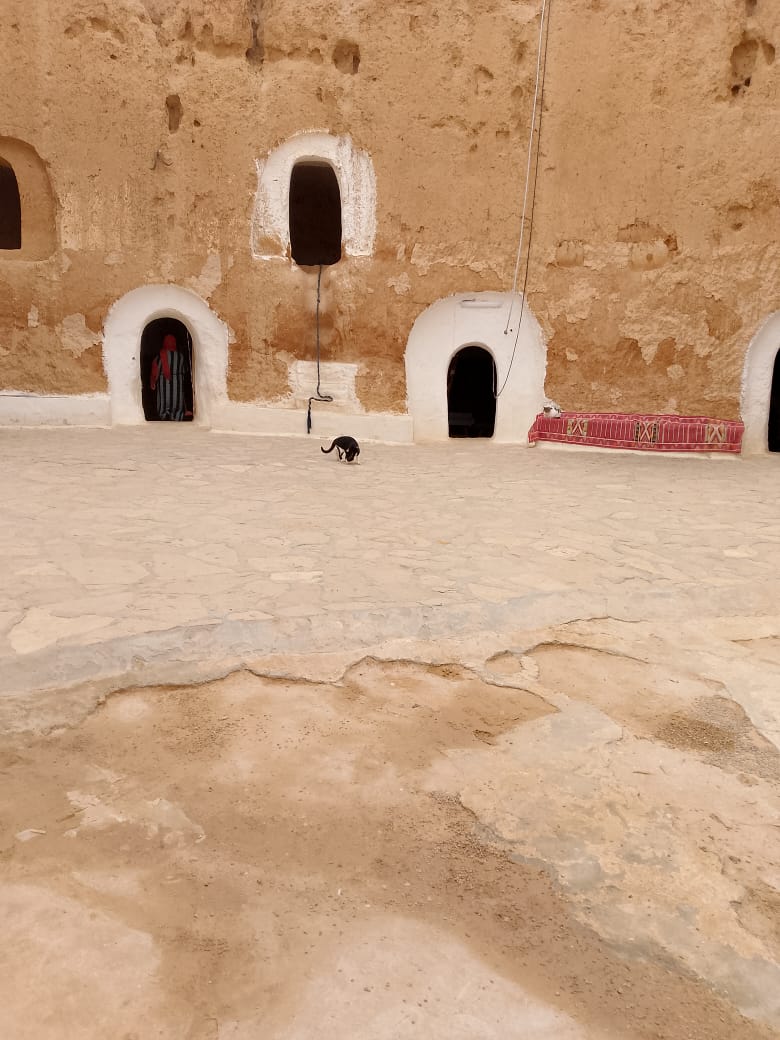Nodes 08 / 09 - Antenna
Ended
October 2023 - February 2024
Countries: Tunisia
Nodes: Mahdia, Sfax
Deportees and Solidarity: Exploring the Role of Solidarity Networks in the Migration Cycle of Deportees around Sfax and Mahdia
We focus on deportees’ migration cycles in Mahdia and Sfax with an emphasis on the role of solidarity networks and family ties in shaping their experiences.
Introduction: The return of migrants is a contentious aspect of the EU’s immigration policies with Southern partners, particularly concerning deportation. In the inaugural Tunisian node, SOLROUTES investigates the impact of bilateral agreements, specifically those between Tunisia and EU states, focusing on Italy. Recognizing the unique challenges across Tunisian regions related to deportation, the study aims to contribute to a comprehensive understanding of this complex phenomenon.
Rationale for Mahdia and Sfax: Choosing Mahdia and Sfax is driven by specific considerations. A SOLROUTES team member hailing from Mahdia provides a local perspective and facilitates access to pertinent information and contacts. Collaborating with Sfax filmmakers known for their work on migration and deportees, enhances the research efforts in the region. Additionally, Mahdia and Sfax, border regions and departure points for Tunisians and Sub-Saharans, are crucial focal points given the potential re-migration attempts by many deportees.
Research Focus: The study centers on deported individuals, particularly those forced to return from Italy to Tunisia, examining the challenges they face, including reintegration difficulties, social stigmatization, and the desire to migrate again. Questions revolve around how deportees navigate these circumstances, envision their future, and leverage solidarity connections and family ties in shaping their situations.
Importance of Solidarity: The SOLROUTES team underscores the vital role of solidarity actors in the migratory process, facilitating navigation through challenging experiences. Engagement will be sought with two key groups: a) Tunisian individuals with deported relatives or acquaintances, offering valuable perspectives; b) deported individuals in Mahdia and Sfax, providing first-hand insights into the social construction of their journey and the solidarity resources they mobilize.
Conclusion: Establishing connections with these different actors aims to unveil the invisible solidarity assisting deportees, acknowledging that the experience of deportation often carries a sense of shame. The study’s broader goal is to shed light on the support structures needed for individuals to cope with the new reality in their communities, emphasizing the crucial role of solidarity in navigating the aftermath of deportation.
Report: Tunisian Deportees. The challenge of reintegration and the limit of solidarity
